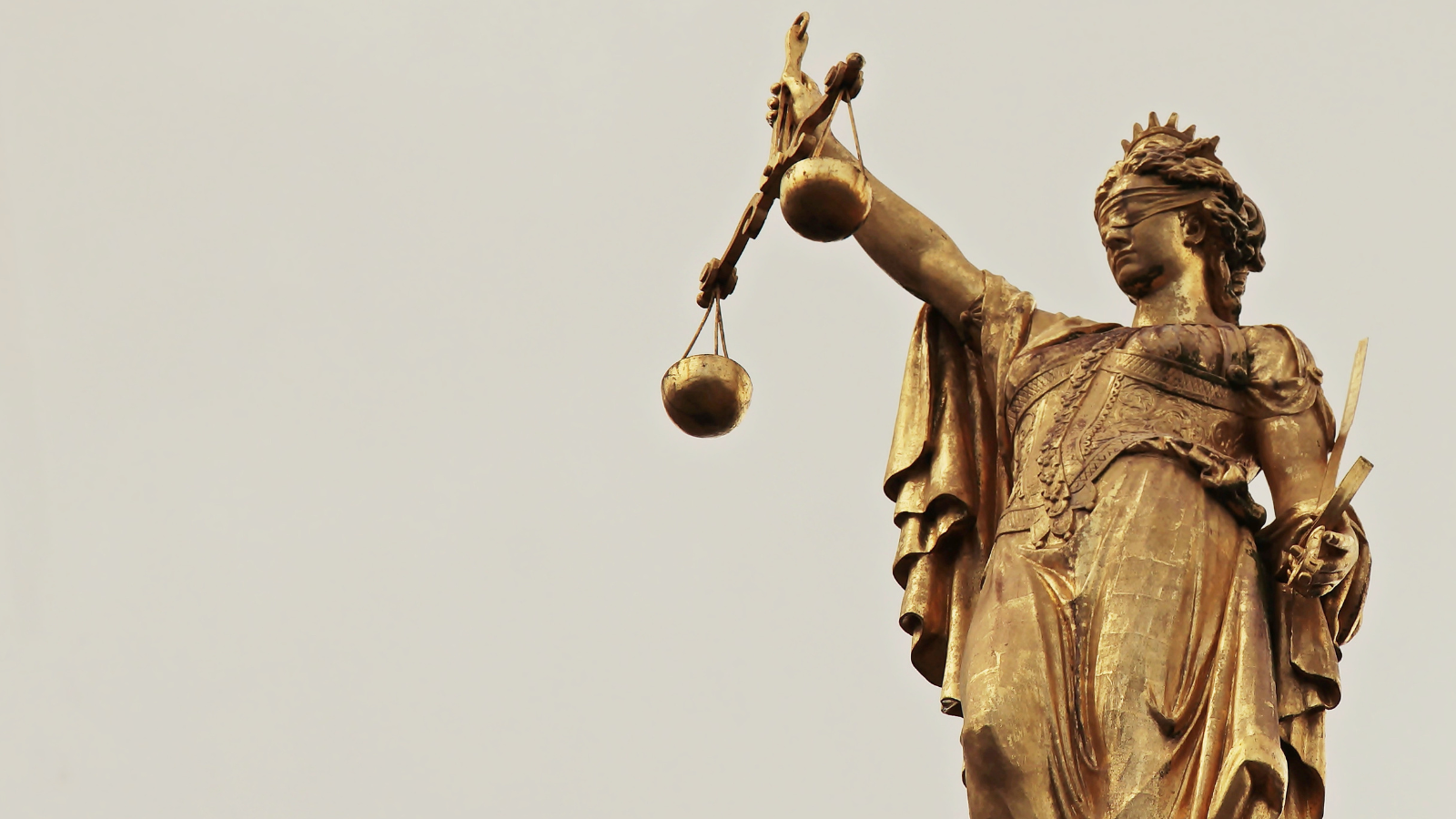Links
Next content
Read more
Why Proposed IoT Licensing Negotiations Groups are an Antitrust Non-Starter
In an article published on IAM, Igor Nikolic takes a deep dive into competition law to show how the proposed SEP licensing negotiation groups could be both unnecessary and damaging.
Comments to the Department of Justice, Antitrust Division (DOJ), United States Patent and Trademark Office (USPTO) and National Institute of Standards and Technology (NIST) Draft Policy Statement on Licensing Negotiations and Remedies for Standard-Essential Patents Subject to F/RAND Commitments 2021.
I base my comments on the European experience with SEP litigation and remedies. In particular, the paper:
1) provides general comments on the importance of injunctions in ensuring good-faith licensing negotiations by both parties, thus avoiding hold-up and hold-out;
2) explains how willing licensees in the US are already protected from injunctions and potential hold-up strategies by SEP owners under the eBay framework;
3) highlights the dangers of hold-out strategies by standard implementers by explaining:
3.1 why only monetary damages are not an adequate remedy against unwilling licensees for the infringement of SEPs,
3.2. the lessons learnt from the European case-law regarding SEPs and the need for clear guidance on the conduct that could be considered a sign of unwillingness to license;
4) briefly discuss the role of US antitrust law regarding injunctions for the infringement of SEPs.

